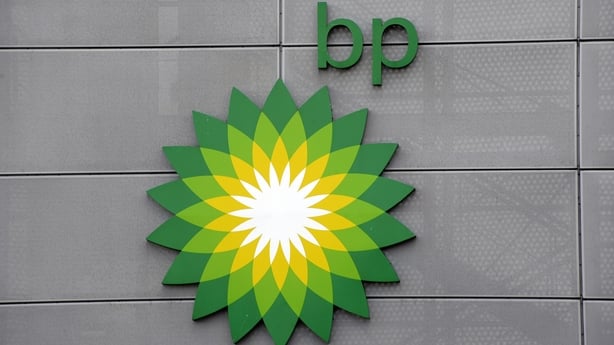BP clawed back £1.8m from former CEO Bernard Looney's 2023 pay package following his dismissal in December for failing to disclose past relationships with employees, the company said in its annual report.
Looney's remuneration totalled £1.175m last year, but he lost bonuses and share awards totalling £3m which were cancelled, BP said.
BP announced last December that it had cut over $40m in remuneration from the former CEO after the British oil giant concluded he had knowingly misled the board over personal relationships with colleagues.
Looney's total remuneration had reached £10.3m in 2022.
Murray Auchincloss, who headed BP's finances under Looney and was named interim CEO after Looney's abrupt departure in September, made a total of £8m last year.
Auchincloss became permanent CEO in January.
BP reported a net profit of $13.8 billion last year, halving from the previous year as energy prices cooled. The company also returned to shareholders $12.7 billion in dividend and share repurchases in 2023.
BP's shares have however underperformed rivals amid investor concerns over its strategy and the leadership upheaval.
Auchincloss told Reuters last month that BP remains committed to its strategy to reduce oil production by 25% from 2019 levels by 2030 to 2 million barrels per day while growing its renewables and low-carbon businesses by the end of the decade.

Meanwhile, BP said today its overall carbon emissions climbed in 2023 for the first time since 2019 as the company started up new oil and gas projects and increased its production levels.
BP's so-called Scope 3 emissions, caused by the burning of the oil and gas produced by the company, increased to 315 million metric tons last year, from 307 million tons in 2022, due to higher production of those fossil fuels.
Direct and indirect emissions from BP's operations, respectively known as Scope 1 and Scope 2 emissions, also rose last year to 32.1 million metric tons of carbon dioxide equivalent, up 0.6% from 31.9 million tons in 2022, its annual report showed.
The overall increase in operational emissions was due to "temporary production-related changes", project start-ups including in the US Gulf of Mexico and the North Sea, and BP's acquisitions of Archaea Energy and TravelCenters of America.
BP aims to reduce its Scope 3 emissions by 10% to 15% by 2025 and 20% to 30% by 2030 from a 2019 baseline. They have so far decreased by 13% over the period.
BP aims to reduce operational emissions from 2019 levels by 20% by 2025 and by 50% by 2030. The emissions fell by over 40% between 2019 and 2023.
Climate change is caused mostly by burning oil, gas, and coal, and is driving more extreme heat waves, droughts, storms, and sea-level rise.
BP also reported a 10% rise in its methane emissions to 31,000 tons in 2023 from 28,000 tons in 2022, due primarily to increased flaring in its Azerbaijan-Georgia-Türkiye region and Tangguh operations.
Methane is a greenhouse gas that's more than 28 times as potent as carbon dioxide at trapping heat, but its lifetime in the atmosphere is much shorter.

